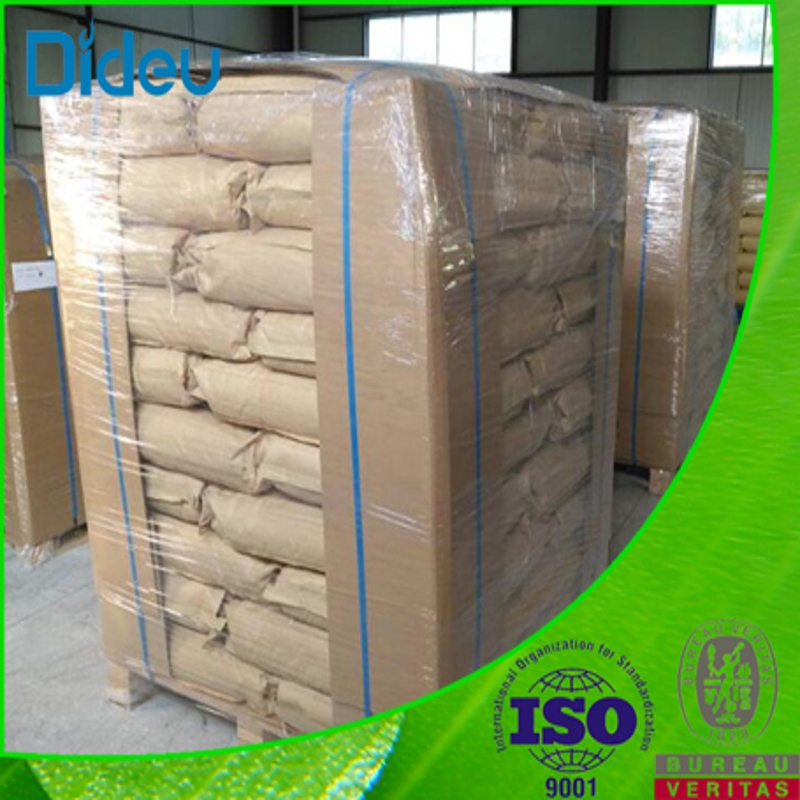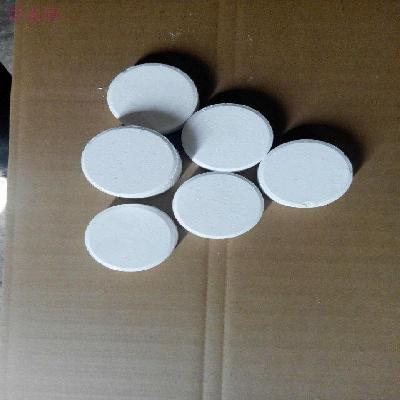-
Categories
-
Pharmaceutical Intermediates
-
Active Pharmaceutical Ingredients
-
Food Additives
- Industrial Coatings
- Agrochemicals
- Dyes and Pigments
- Surfactant
- Flavors and Fragrances
- Chemical Reagents
- Catalyst and Auxiliary
- Natural Products
- Inorganic Chemistry
-
Organic Chemistry
-
Biochemical Engineering
- Analytical Chemistry
- Cosmetic Ingredient
-
Pharmaceutical Intermediates
Promotion
ECHEMI Mall
Wholesale
Weekly Price
Exhibition
News
-
Trade Service
A patient died in a health center.
A patient died in a health center.
After taking the temperature, the doctor found that Mr.
After diagnosis, a doctor gave Mr.
After returning home, Mr.
Mr.
Because Mr.
Currently, both parties are waiting for the third-party inspection results.
Can acute laryngitis cause death?
Can acute laryngitis cause death?We can understand from the video that Mr.
As clinicians, we all know that acute laryngitis is an acute respiratory infection of the laryngeal mucosa dominated by the glottis.
But everything cannot be too absolute.
In the above accident, we can capture a detail, that is, the patient told the doctor that he was a little tight after the infusion.
The appearance of this detail may indicate that the patient's symptoms are getting worse, but as the doctor involved, he ignored this detail and even let the patient go home to rest, which also laid a hidden danger for the occurrence of subsequent accidents.
Infusion therapy, these details need to be cautious
Infusion therapy, these details need to be cautiousAs an important treatment and drug delivery method in clinical work, infusion therapy has an irreplaceable role with other methods, but the treatment risk brought by intravenous infusion is also greater.
This requires doctors to be cautious in the process of clinical work, and no details should be overlooked.
1.
It is self-evident that the quality of medicines plays a role in the safety of treatment.
During the production, storage, transportation and use of some medicines, small cracks, loose bottle mouths and air leakage may occur during production, storage, transportation and use of some medicines, which may cause microbial contamination and infusion reactions.
.
This requires us to ensure the quality when purchasing drugs, and carefully check them before use to ensure that they are foolproof.
2.
Strictly implement the "three checks and eight pairs"
"Three checks and eight pairs" is an important safety guarantee for infusion therapy.
As clinicians, we must carefully observe and check the appearance of the liquid in the process of liquid preparation, and strictly follow the treatment principles of "one person, one tube" and "one liquid, one tube", and it is absolutely forbidden to use one tube for multiple purposes.
3.
The infusion should not be high in concentration and fast
Twenty minutes before the infusion is a period of high incidence of infusion reactions.
Therefore, it is recommended that all medical workers start the infusion as slowly as possible, not too fast during the infusion process, and the drug concentration should not be too high.
4.
Liquid compatibility should not be too much
Too much liquid compatibility can easily cause chemical reactions between drugs and generate pyrogens, especially when mixing Chinese and Western medicines with caution.
5.
Be wary of special groups
Children under 10 years of age, elderly over 60 years of age, patients with severe heart and kidney disease, infectious diseases, basic diseases, or those with poor physical fitness, poor immunity, and poor tolerance, should avoid infusion therapy as much as possible.
If you need infusion, you should always pay attention to the patient's dynamics to prevent emergencies.
6.
Pay attention to the medical history
Before infusion therapy, carefully ask about the history of drug allergy, whether it is a pregnant woman, a breastfeeding woman, and whether it is receiving other medications.
7.
Liquid temperature control
The liquid temperature should not be too low or too high, otherwise the infusion reaction is prone to occur.
Generally, when the ambient temperature is 5℃-10℃, the temperature of the liquid medicine is not lower than 12℃; when the ambient temperature is 15℃-20℃, the temperature of the liquid medicine is not higher than 30℃.
8.
Inquiry about the patient's condition
During and after the infusion treatment, the patient should be carefully asked if there is any discomfort.
If you feel unwell, investigate carefully, stop the infusion if necessary, and suggest to go to a higher-level hospital for further examination.
Don't let it go and get comfort treatment.
9.
Dosing time should be cautious
In clinical work, the use of intravenous infusion should theoretically be prepared for immediate use, but in actual operation, due to various reasons, the injection cannot be used in time after being formulated into a solution.
Some injections with unstable performance will begin to decompose over time, which will not only affect the expected therapeutic effect, but some will also produce new harmful substances, so be careful.
10.
Be alert to air embolism
During the infusion process, due to too little liquid in the Murphy's infusion bottle or improper operation in the process of replacing the infusion bottle, air embolism may be caused, which is fatal in seriousness, and caution is required.
Regardless of whether Mr.
Shao’s death was related to the doctors involved in the Chinese Medicine Hospital and the Liuwang Central Health Center, it reminded our grassroots doctors that in the process of clinical infusion, no details should be ignored or let go.
Otherwise, In the end, we can only suffer.







